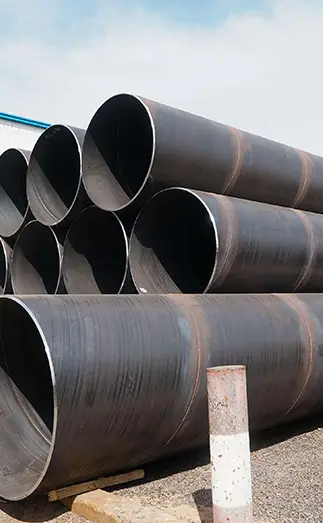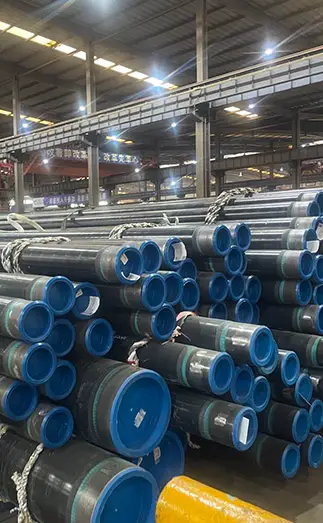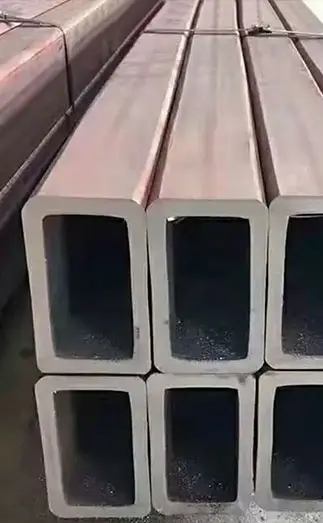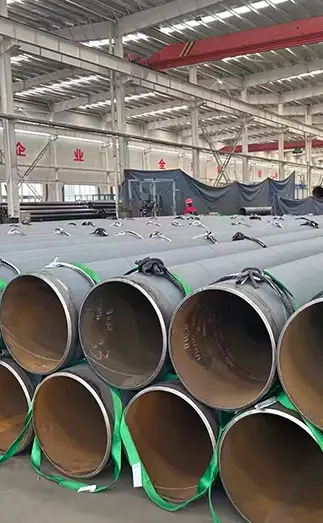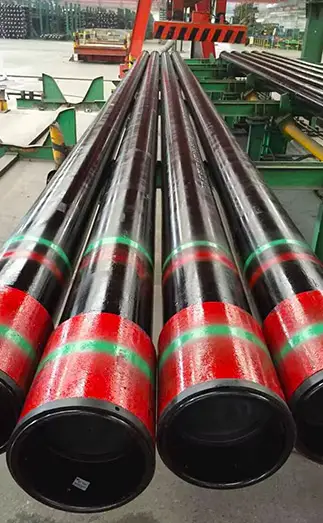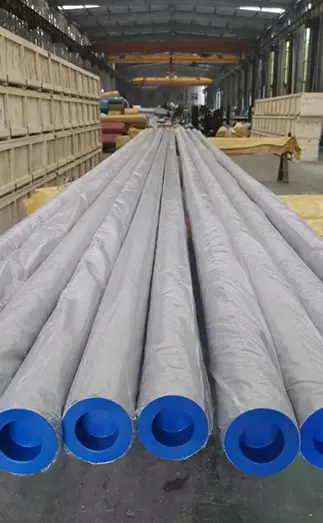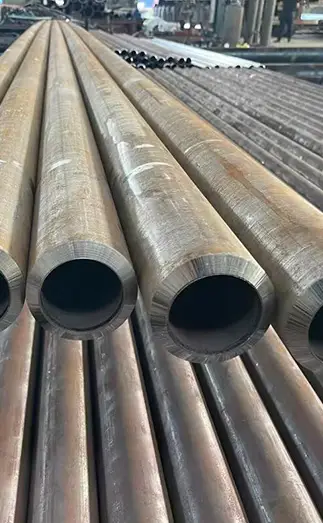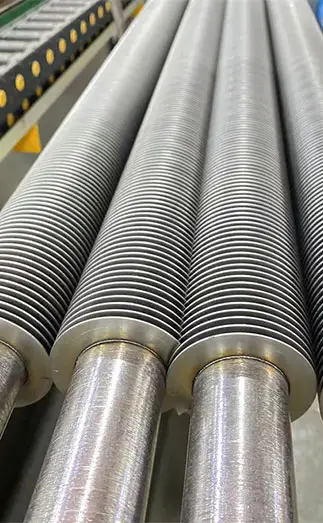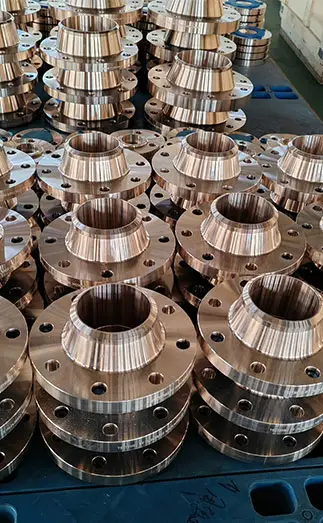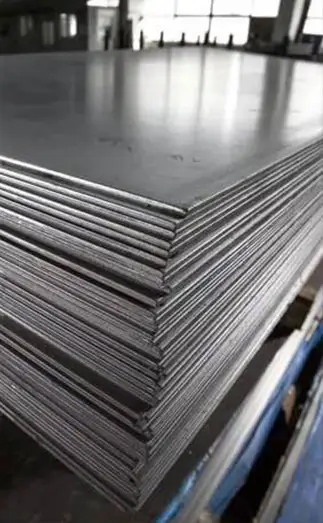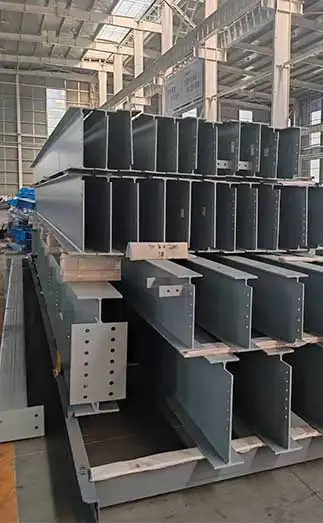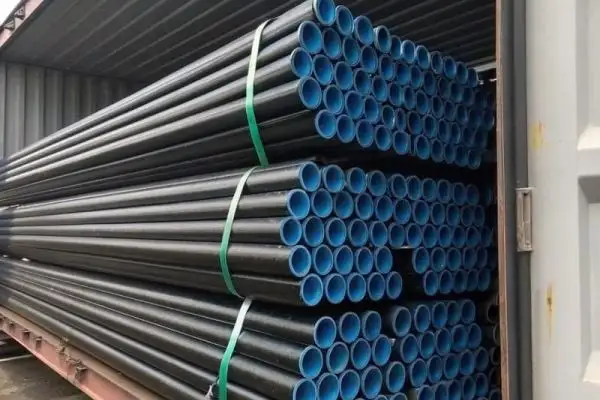ERW Carbon Steel Pipes, crafted through the electric resistance welding process, are composed predominantly of carbon and iron. These pipes are recognized for their strength and hardness but are limited by their susceptibility to corrosion and rusting. Given their widespread use in fluid transportation, including oil, natural gas, coal gas, water, and certain solids, it's crucial to implement anti-corrosion measures to extend their lifespan and ensure safety.
This article delves into various anti-corrosion coatings suitable for ERW carbon steel pipes:
Epoxy Anti-Corrosion Coating:
Known for its strong adhesion, resistance to acids and alkalis, and low shrinkage, epoxy coatings are widely used. However, they can be prone to powdering and have limited weather resistance, especially if not properly cured.
Asphalt Anti-Corrosion Coating:
Affordable and readily available, asphalt coatings offer resistance to dilute acids and alkalis at room temperature. They dry quickly and possess good elasticity, making them ideal for waterproof layers. However, they are not resistant to organic solvents and can embrittle in cold temperatures. Modified bitumen paints enhance the hardness and weather resistance of the coating.
Urushiol Anti-Corrosion Coating:
Derived from raw lacquer, urushiol paint is less toxic and dries faster. It resists acids, alkalis, ammonia, and water, making it suitable for corrosive gas environments and as a moisture-proof coating for underground pipelines.
Acrylic or Polyurethane Anti-Corrosion Coating:
Polyurethane coatings offer resistance to acids, alkalis, oils, water, and abrasion. They come in various forms, including moisture-curing, catalyst-curing, and hydroxyl-curing types, and are often combined with epoxy resin or asphalt for enhanced properties.
Olefin Resin Anti-Corrosion Coating:
Made from resins containing ethylene or propylene, these coatings exhibit excellent water, acid, alkali, and weather resistance.
Perchloroethylene Resin Anti-Corrosion Coating:
Widely used in chemical pipelines, perchloroethylene coatings suffer from poor pipeline adhesion, which can be improved with epoxy resin modification.
Chlorinated Rubber Anti-Corrosion Coating:
Obtained by chlorinating natural or synthetic rubber, this coating resists dilute acids and alkalis, has good permeability resistance, and is flame retardant.
High-Temperature Anti-Corrosion Coating:
Primarily silicone resin coatings, these can operate at temperatures up to 500°C. They offer good water, corrosion, and weather resistance but have poor adhesion and are expensive.
Zinc-Rich Anti-Corrosion Coating:
Available in both inorganic and organic forms, zinc-rich coatings provide cathodic protection to steel, making them suitable for water, seawater, oil, and marine atmospheres. They are not recommended for acidic or alkaline environments.
Cement Mortar Lining
Cement mortar is traditionally utilized as an interior lining for water distribution pipelines, creating a protective barrier on the pipe's inner surface. This barrier is effective in preventing corrosion that would otherwise result from the direct contact between the pipeline and the conveyed medium. One of the key benefits of cement mortar is its cost-effectiveness and environmental neutrality.



 English
English Español
Español Français
Français بالعربية
بالعربية